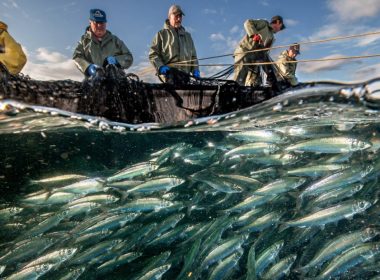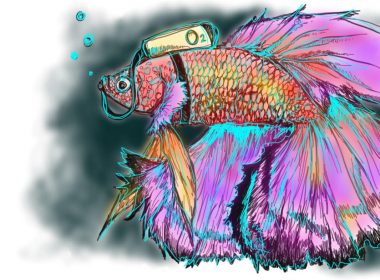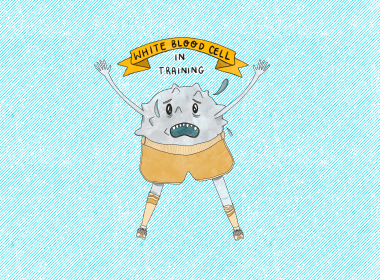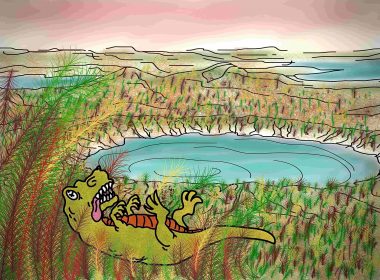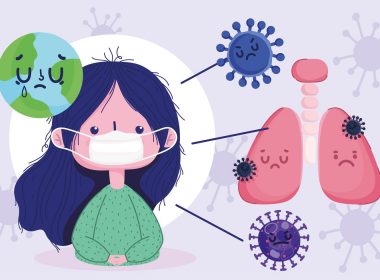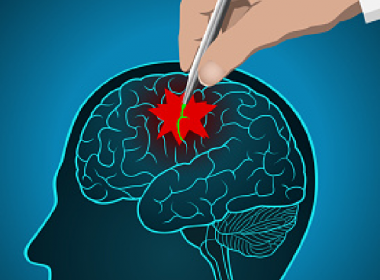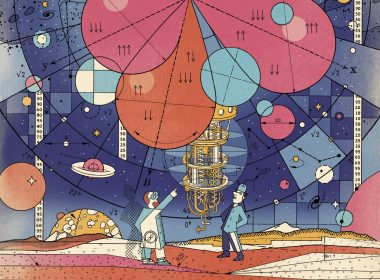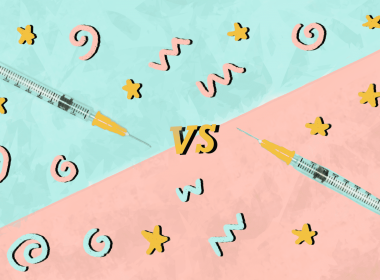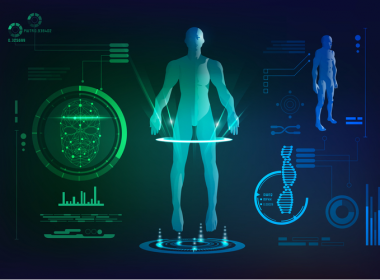When thinking about the aftermath of a nuclear war, fisheries are not the first things that come to mind. However, in a recent study published in Proceedings of the National Academy of Science (PNAS), a team of McGill researchers revealed that marine fishery supplies could be vital to sustaining human life[Read More…]
Science & Technology
The latest in science and technology.
How precision medicine and artificial intelligence can reshape cancer care
Cancer treatment is one of the most intricate challenges of contemporary medicine. One complication that often arises is the trial and error prescription of drugs that are often ineffective against a given type of tumour or for a particular patient. Moreover, these treatments often produce exhausting side effects. The ability[Read More…]
Disappearing giants: How warming oceans are suffocating large fish
Since 1981, the mean global ocean temperature has risen at an average rate of 0.18 degrees Celsius per decade. This has had serious impacts on the health of marine species; as oceans warm across the world, fish that are unable to cope with climatic changes, such as cardinalfish, are disappearing[Read More…]
Trained Immunity: The immunologic memory that humans have always had
Memory is invaluable when it comes to the immune system. The immune system is the body’s natural defence mechanism against infection or foreign pathogens and is made up of two key systems. The innate immunity is a rapid, non-specific first response to pathogens or tissue injury. In contrast, adaptive immunity[Read More…]
When the world of dinosaurs was rocked, so was the climate
As tropical forests are cleared for agriculture and coral reefs overheat from rising temperatures, thousands of species vanish into oblivion, unable to survive the rapid climatic and environmental changes of the Anthropocene—the age of the sixth mass extinction. The Anthropocene epoch is an unofficial unit of geological time used to[Read More…]
Factors affecting COVID-19 vulnerability
Since the beginning of the COVID-19 pandemic, observations have shown that the virus does not affect everyone equally. Humans, cats, and dogs can get infected, but not cattle or swine. Additionally, some experience mild symptoms, while others must be hospitalized and can even succumb to the disease. A recent study[Read More…]
Top Quebec discoveries of 2020 feature McGill brain cancer studies
For the year 2020, Quebec Science magazine’s annual list of top 10 scientific discoveries featured two studies on brain cancer led by McGill researchers. The list was selected by a jury of scientists and journalists and the top discovery will be determined by a public vote. Votes can be cast[Read More…]
2020 Rewind: SciTech discoveries of the year
2020 was a year characterized by uncertainty, despair, and drastic change. However, several scientific and technological achievements provide hope for the future. Google stakes its claim on quantum supremacy Google’s quantum computer, Sycamore, is the first instance of such a device outcompeting a classical computer. While a classical computer reads[Read More…]
A long road ahead: The obstacles facing COVID-19 vaccine distribution
As the second wave of COVID-19 intensifies and many countries around the world enter another lockdown, scientists and pharmaceutical companies have raced to produce the most effective vaccine. Moderna and Pfizer have emerged as clear winners, with many countries already beginning to administer their products. With the successful development of[Read More…]
Methods of quantitative modeling revolutionize drug development
Mathematics and computer science are revolutionizing the way new drugs and treatments are tested and implemented. A new paper published in Chaos and written by U4 McGill Physiology and Math major Sofia Alfonso, postdoctoral researcher Adrianne L. Jenner, and Dr. Morgan Craig from the University of Montreal’s department of Math and[Read More…]
